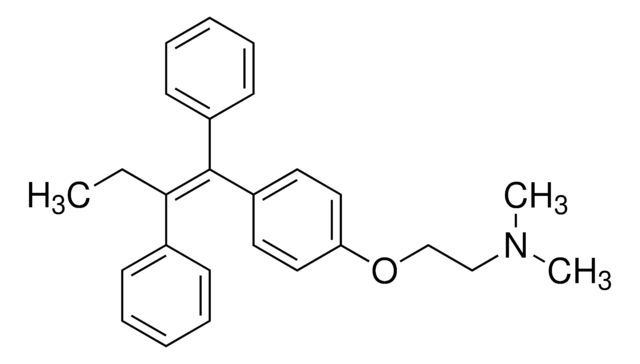B8061
N-Butyl-N-(4-hydroxybutyl)nitrosamine
ISOPAC®, ≥90% (GC)
Synonym(s):
BBN, N-Butyl-N-butan-4-ol-nitrosamine, N-Butyl-N-nitroso-4-aminobutanol, OH-BBN
Sign Into View Organizational & Contract Pricing
All Photos(1)
About This Item
Empirical Formula (Hill Notation):
C8H18N2O2
CAS Number:
Molecular Weight:
174.24
UNSPSC Code:
12352116
NACRES:
NA.25
Recommended Products
Quality Level
Assay
≥90% (GC)
form
liquid
storage temp.
2-8°C
InChI
1S/C8H18N2O2/c1-2-3-6-10(9-12)7-4-5-8-11/h11H,2-8H2,1H3
InChI key
DIKPQFXYECAYPC-UHFFFAOYSA-N
Application
N-Butyl-N-(4-hydroxybutyl)nitrosamine (BBN), a carcinogen, is used to induce histiologically relevant aggressive urinary bladder cancer in animal models.
Biochem/physiol Actions
Carcinogen used to induce urinary bladder cancer in animal models. The result of exposure is histologically comparable to human urinary bladder tumorigenesis. Used in chemopreventative studies.
Packaging
Packaged in a 100 mL serum bottle with butyl rubber stopper and aluminum tear seal.
Caution
Injecting any compatible solvent permits preparation of any desired strength solution without exposure.
Reconstitution
Dissolving the contents in 100 mL of solvent yields a 1% solution.
Legal Information
Isopac is a registered trademark of Merck KGaA, Darmstadt, Germany
Signal Word
Danger
Hazard Statements
Precautionary Statements
Hazard Classifications
Acute Tox. 4 Oral - Carc. 1B
WGK
WGK 3
Flash Point(F)
296.6 °F
Flash Point(C)
147 °C
Personal Protective Equipment
dust mask type N95 (US), Eyeshields, Gloves
Certificates of Analysis (COA)
Search for Certificates of Analysis (COA) by entering the products Lot/Batch Number. Lot and Batch Numbers can be found on a product’s label following the words ‘Lot’ or ‘Batch’.
Already Own This Product?
Find documentation for the products that you have recently purchased in the Document Library.
Customers Also Viewed
Vernon E Steele et al.
Cancer prevention research (Philadelphia, Pa.), 2(11), 951-956 (2009-11-07)
Nonsteroidal anti-inflammatory drugs (NSAID) have been highly effective in preventing colon, urinary bladder, and skin cancer preclinically, and also in clinical trials of colon adenoma formation. However, certain NSAIDs cause gastrointestinal ulceration and may increase cardiovascular events. Naproxen seems to
Inhibition of bladder tumor growth by chitooligosaccharides in an experimental carcinogenesis model.
João C Fernandes et al.
Marine drugs, 10(12), 2661-2675 (2013-01-25)
Urinary bladder cancer is one of the most common cancers worldwide, with the highest incidence in industrialized countries. Patients with cancer commonly use unconventional and complementary therapy including nutraceuticals. In this study we evaluated the efficacy of chitooligosaccharides (in orange
Yuji Sagara et al.
Cancer epidemiology, 34(3), 350-354 (2010-04-07)
Green tea polyphenol (GTP) suppresses malignancy in bladder cancer cell lines. However, the detail of its anti-carcinogenic effect in vivo is not fully understood. This study investigated the effect of GTP on bladder tumor size and angiogenesis in mice given
Nelci Antunes de Moura et al.
Archives of toxicology, 84(2), 165-173 (2009-11-11)
The potential promoting effect of Diuron was investigated in a mouse model of mammary and urinary bladder carcinogenesis induced by 7,12-dimethylbenz(a)anthracene (DMBA) and N-butyl-N-(4-hydroxybutyl)nitrosamine (BBN). Four-week old female Swiss mice were allocated to five groups: Groups G1-G3 received DMBA (5
Ting-Tsz Ou et al.
Journal of ethnopharmacology, 135(1), 162-172 (2011-03-15)
Extracts of Paeonia lactiflora Pall (RPA), a traditional Chinese medicines has been shown to treat cancers. The purpose of this study is to evaluate the anticancer effect of RPA in urinary bladder carcinoma in vitro and in vivo. The cell
Our team of scientists has experience in all areas of research including Life Science, Material Science, Chemical Synthesis, Chromatography, Analytical and many others.
Contact Technical Service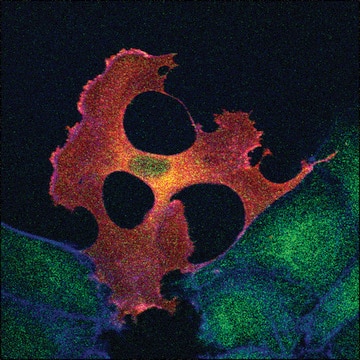

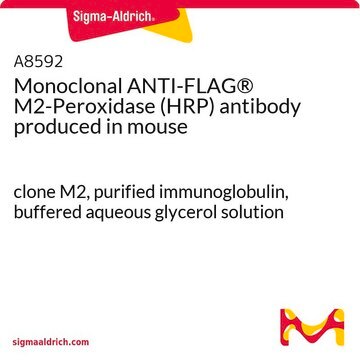

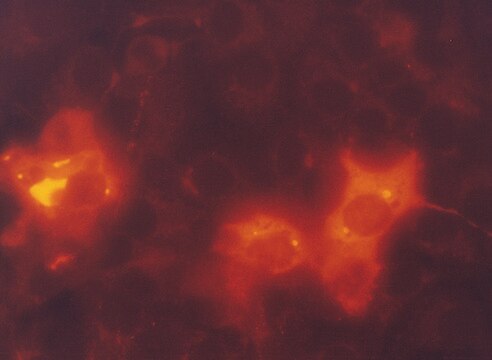
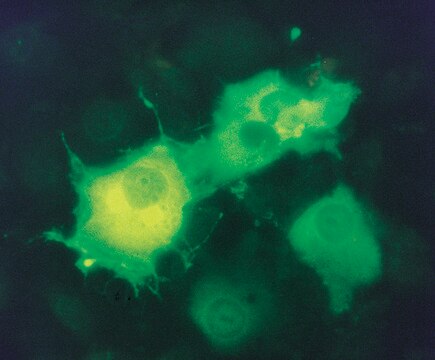
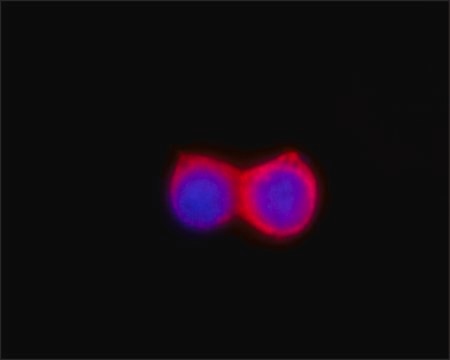
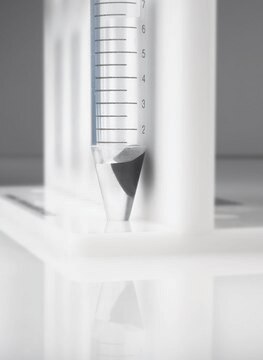
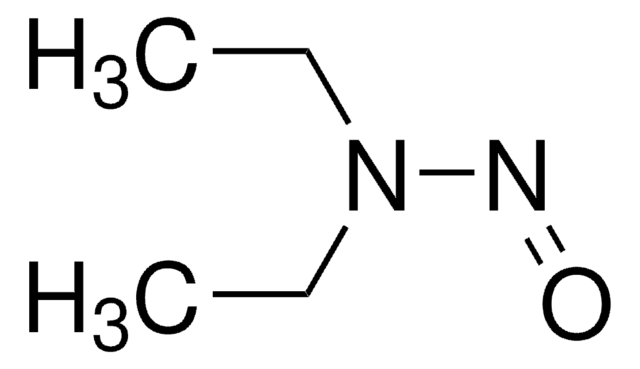
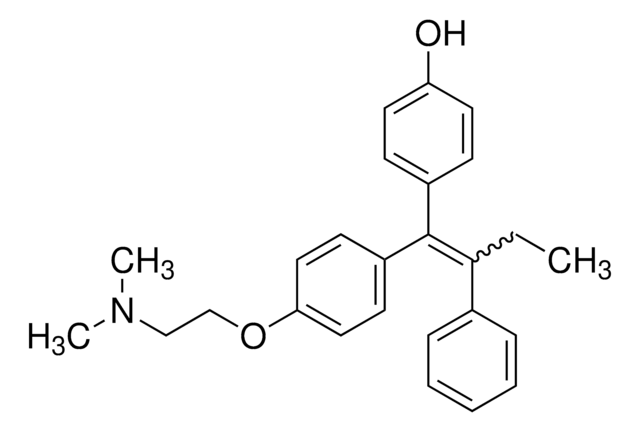


![9-Borabicyclo[3.3.1]nonane solution 0.5 M in THF](/deepweb/assets/sigmaaldrich/product/structures/180/891/8b64e597-269d-4780-98b6-40889dfd06b9/640/8b64e597-269d-4780-98b6-40889dfd06b9.png)
